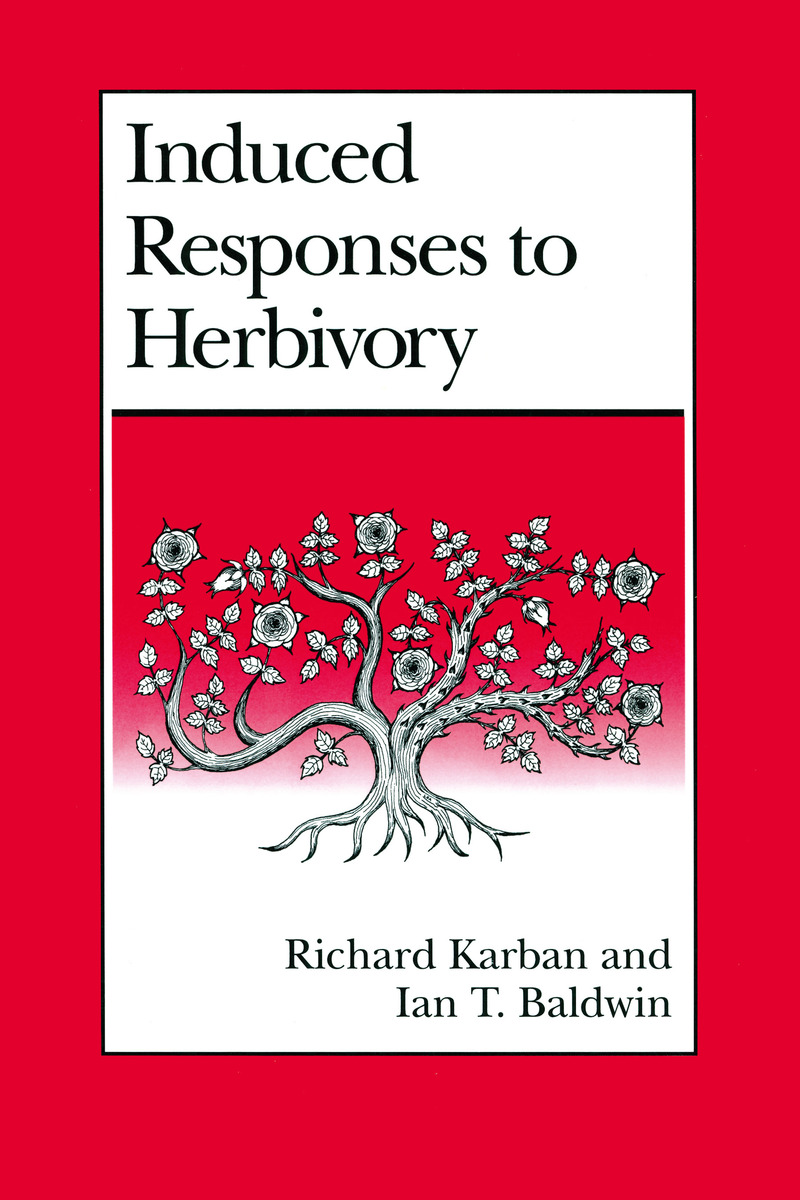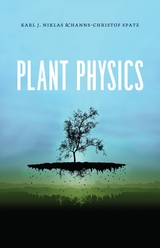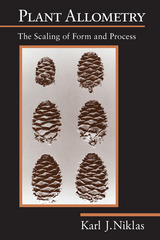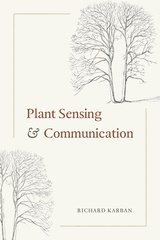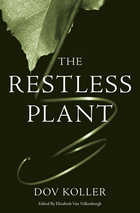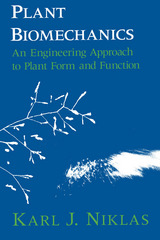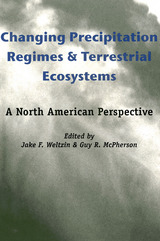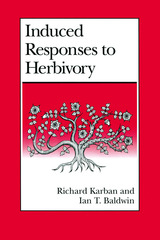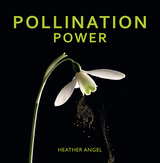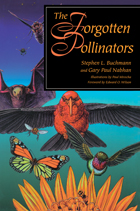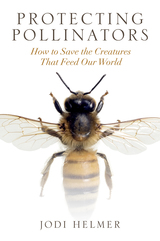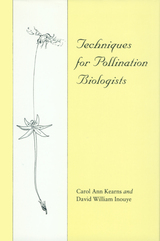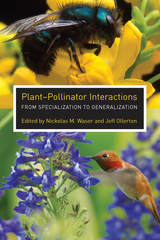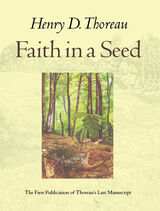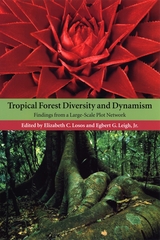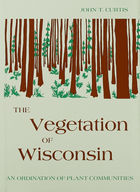Induced Responses to Herbivory
University of Chicago Press, 1997
eISBN: 978-0-226-42497-2 | Cloth: 978-0-226-42495-8 | Paper: 978-0-226-42496-5
Library of Congress Classification QK923.K37 1997
Dewey Decimal Classification 571.962
eISBN: 978-0-226-42497-2 | Cloth: 978-0-226-42495-8 | Paper: 978-0-226-42496-5
Library of Congress Classification QK923.K37 1997
Dewey Decimal Classification 571.962
ABOUT THIS BOOK | TOC | REQUEST ACCESSIBLE FILE
ABOUT THIS BOOK
Plants face a daunting array of creatures that eat them, bore into them, and otherwise use virtually every plant part for food, shelter, or both. But although plants cannot flee from their attackers, they are far from defenseless. In addition to adaptations like thorns, which may be produced in response to attack, plants actively alter their chemistry and physiology in response to damage. For instance, young potato plant leaves being eaten by potato beetles respond by producing chemicals that inhibit beetle digestive enzymes.
Over the past fifteen years, research on these induced responses to herbivory has flourished, and here Richard Karban and Ian T. Baldwin present the first comprehensive evaluation and synthesis of this rapidly developing field. They provide state-of-the-discipline reviews and highlight areas where new research will be most productive. Their comprehensive overview will be welcomed by a wide variety of theoretical and applied researchers in ecology, evolutionary biology, plant biology, entomology, and agriculture.
Over the past fifteen years, research on these induced responses to herbivory has flourished, and here Richard Karban and Ian T. Baldwin present the first comprehensive evaluation and synthesis of this rapidly developing field. They provide state-of-the-discipline reviews and highlight areas where new research will be most productive. Their comprehensive overview will be welcomed by a wide variety of theoretical and applied researchers in ecology, evolutionary biology, plant biology, entomology, and agriculture.
See other books on: Anatomy & Physiology | Animal-plant relationships | Herbivores | Human Anatomy & Physiology | Karban, Richard
See other titles from University of Chicago Press
